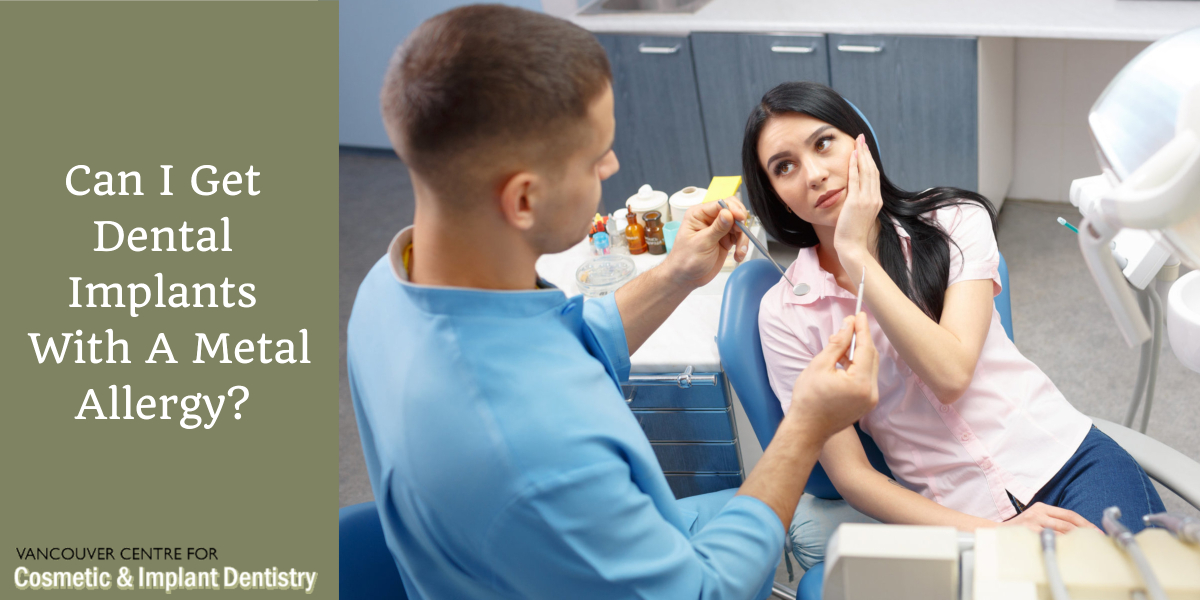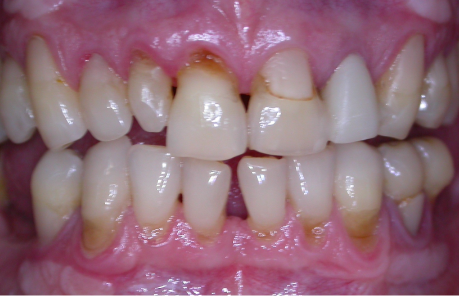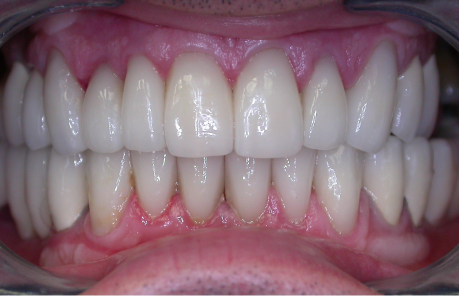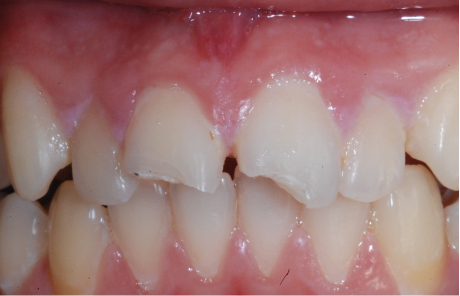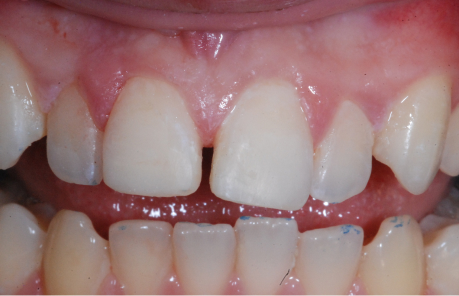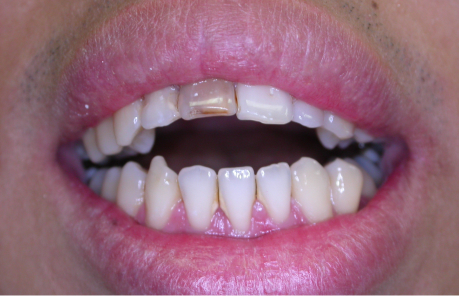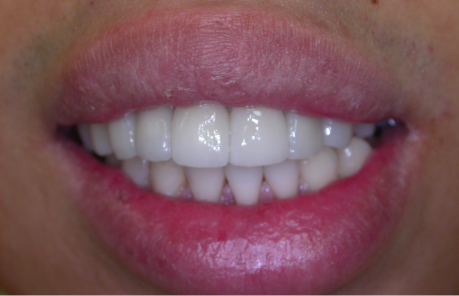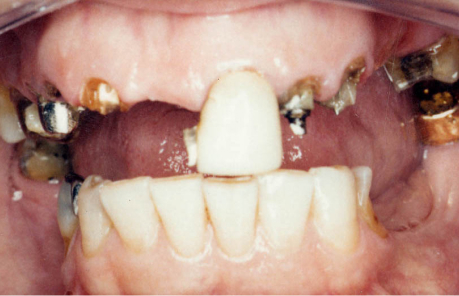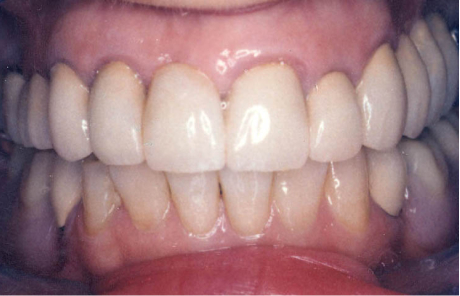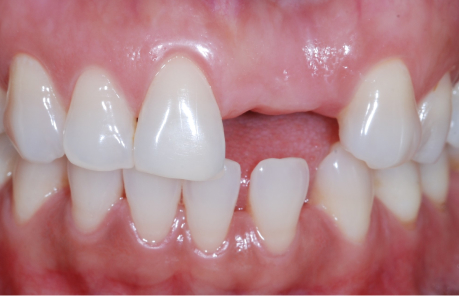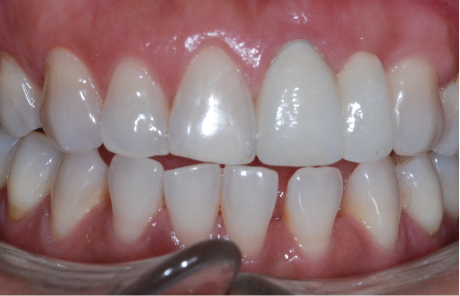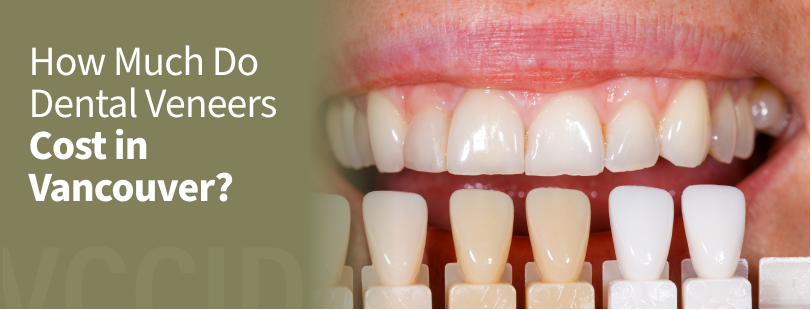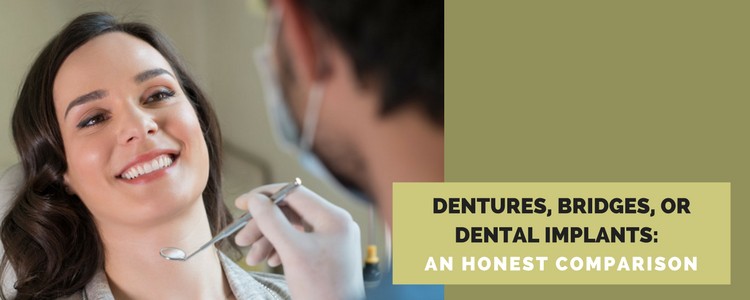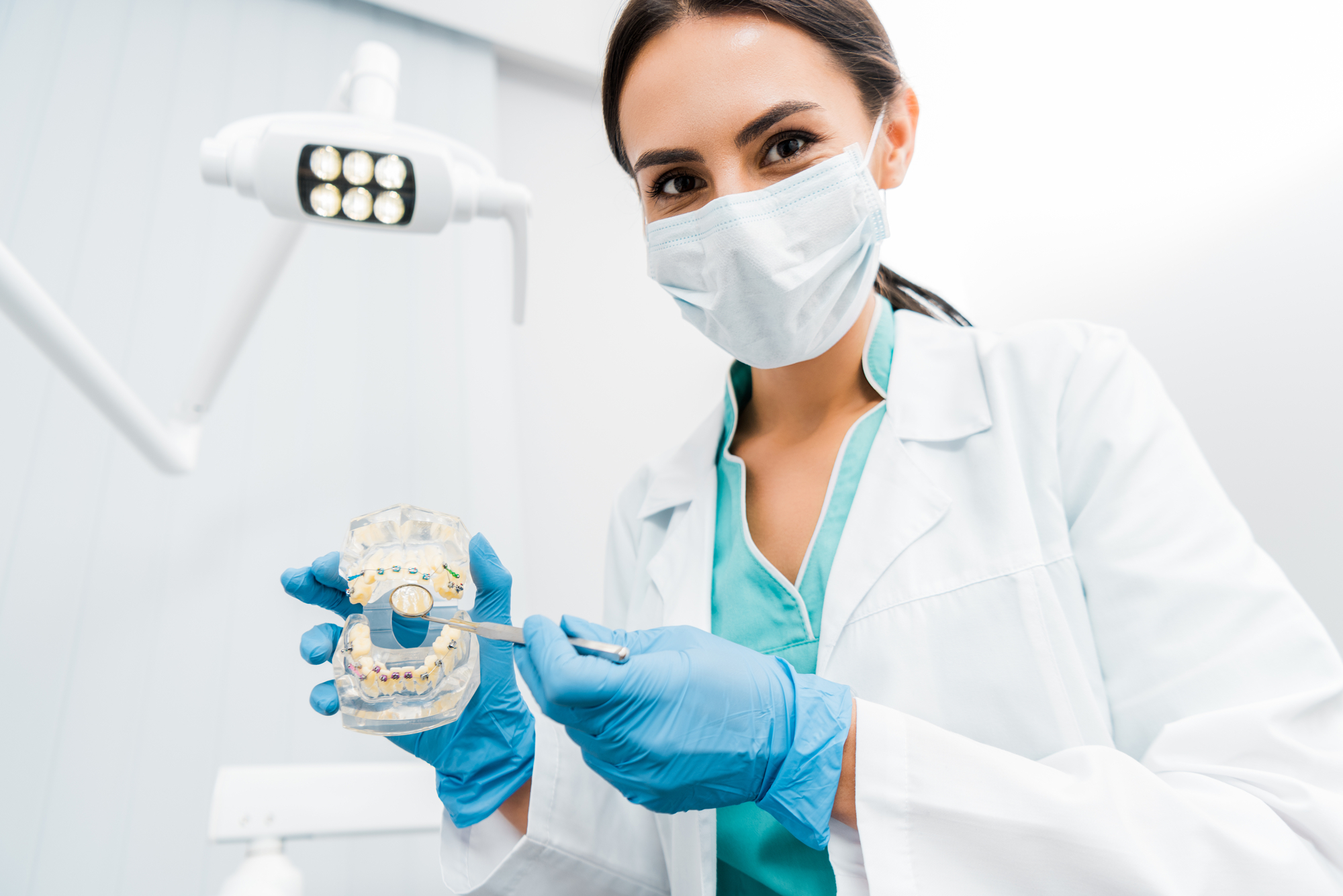Dental implants are often considered the closest replacement to a natural tooth. They replace both the appearance of the tooth with a dental crown, as well as the functionality with an implant that simulates the root.
The most common type of dental implant is made out of titanium. However, titanium implants have been a concern for some patients with metal allergies. So, can a patient get dental implants with a metal allergy? Let’s dive in and learn more about implants and the options available.
What Are Dental Implants Made Of?
Titanium and titanium alloys are the most widely used materials for dental implants. This is because titanium is biocompatible, which means it bonds well with the body’s bones and teeth.
It is incredibly strong and whereas in the past stainless steel was used, now titanium is a standard in the medical and dental industries. It is also used for artificial joints such as knees and hips, it is frequently used to replace bones.
When used as an implant, your natural jaw bone cells will grow against the surface of the titanium. This ensures the implant is firmly secured in your mouth, much like the natural root of your tooth. The titanium implant then successfully mimics the root of your tooth and allows your dentist to use it as an anchor for a tooth (crown). Together with a dental crown, the titanium implant and crown have proven to be a great replacement for your missing tooth.
Titanium Rejection in Patients
By definition, true rejection of a material requires some type of antibody/antigen reaction by the patient. In mild cases, one might get a local reaction such as a rash, and in more severe cases one might see outright rejection (as in organ transplants) or anaphylactic type reactions. Although 5% of the population has a true allergy to nickel, and a smaller proportion to copper, there have never been any reports of titanium allergies.
Over 5 million implants are placed in the US alone each year so the sheer numbers seem to allay the majority of concerns regarding titanium.
Nevertheless, there are people who are concerned regarding sensitivities to metals even though they are not having antibody type reactions. In some cases, patients have had titanium implants and they feel that something has changed since they had them placed. Traditional western medicine/dentistry would say there is no basis for their concerns, however, I believe that despite our apparent advances and knowledge, there is a lot more that we don’t know.
There are two other tests that you can have done for metal sensitivities, both of which are different from the typical allergy testing. One is Clifford’s test which will also check for sensitivity to other dental materials. The other is a Melisa test which specifically looks at reactivity to metals.
Despite the apparent safety and biocompatibility of titanium implants, you may still not be comfortable having them placed in your body. In that case, there are other substances that can be used as effective dental implants. Zirconia is an alternative material that has been used for ~20 years, mostly in Europe but is now available here in North America.
If you are considering dental implants for permanent tooth replacement and concerned about metals, speak to your dentist and/or visit your doctor or naturopath. One of them should be able to perform a series of tests to identify whether or not you have reactions/sensitivity to certain metals.
Zirconia Dental Implants, an Alternative Material
Zirconia is a ceramic-based material that can be used as a replacement for traditional titanium dental implants. Zirconia, like titanium, is biocompatible and a material that is safe for your body. Zirconia also integrates well with surrounding jaw bone tissue.
This means that zirconia implants can be incredibly stable, just like the roots of your natural teeth. There has been a debate about zirconia vs titanium dental implants in the industry since their introduction in the mid 20th century. Before its release, zirconia was heavily tested as a biocompatible substance and it had a neutral impact on living tissue. It is used not only as an implant material but also as a crown material. Zirconia is an excellent material and it has been shown to collect less plaque over time as an implant.
Confused?
Some confusion may arise (especially for those with a chemistry background) because zirconium is actually a metal, much like titanium. However, there is a slight difference in that the implant is made of zirconium-oxide, which changes its physical properties. It is white in color and has properties more typical of ceramics than metals.
Now at the risk of bringing even more confusion to the issue, titanium is extremely reactive in air. The surfaces oxidize immediately, creating titanium oxide, therefore the material of the implant that is in contact with bone is actually titanium oxide, not pure titanium. This is also true of titanium implants that are made of an alloy (mixture) of other metals. One difference is the implant itself still has physical properties typical of metals.
Beyond the material properties, there are pros and cons to both materials. Nevertheless, I can say that both materials work and work well as a dental implant. I place and restore both types of implants and which one we choose is determined after reviewing and discussing each person’s concerns, medical history, and treatment objectives.
How do I know if I have a Metal Allergy?
As mentioned, it is best to determine whether or not you have a metal allergy or sensitivity, before you have your dental implants placed. There are many different tests that your doctor can do to identify a titanium allergy. Learn more about allergy testing and the options available.
Patch Test
A patch test is the most common way to test for allergies. Different potential allergens are applied to a patient’s skin (usually on their back). After 48 hours your physician will check for reactions to each allergen. Patch tests can be difficult to diagnose metal allergies because patients can take longer to react to metal exposure on the skin.
Prick Test
The patch test tests for irritations on the surface of the skin. A prick test takes this concept further and tests for irritation when the body is directly exposed to the allergen. A very small sample of the allergen is injected into the patient (usually into a finger). The reactions to these types of tests are far faster and you can see whether or not you are allergic to the material within around 30 minutes.
Blood Tests
Blood tests are usually performed if a patient is currently having an allergic reaction to a certain substance. If there is a strong reaction to the patch test, for example, your doctor will likely order a blood test. Blood tests reveal the antibodies present in your blood, trying to actively fight the material you are allergic to.
The type of antibodies present will determine the cause of the allergy. If you have had implants placed and you think you may be having an allergic reaction to them, your doctor will most likely perform a blood test to easily determine the cause.
Visit VCCID for an Implant Consultation
At VCCID we take a holistic approach to dentistry. We know that your oral health affects the rest of your body and vice versa. We know that certain patients react differently to metals, such as titanium and we are able to provide zirconia implants as a biocompatible alternative.
It is certainly entirely possible for a patient with a metal allergy to have dental implants. If you think you have a metal allergy, talk with your doctor and your dentist to help determine the best course of action. Book a consultation, or call our clinic today to meet with our dentists and plan your tooth replacement solution.
